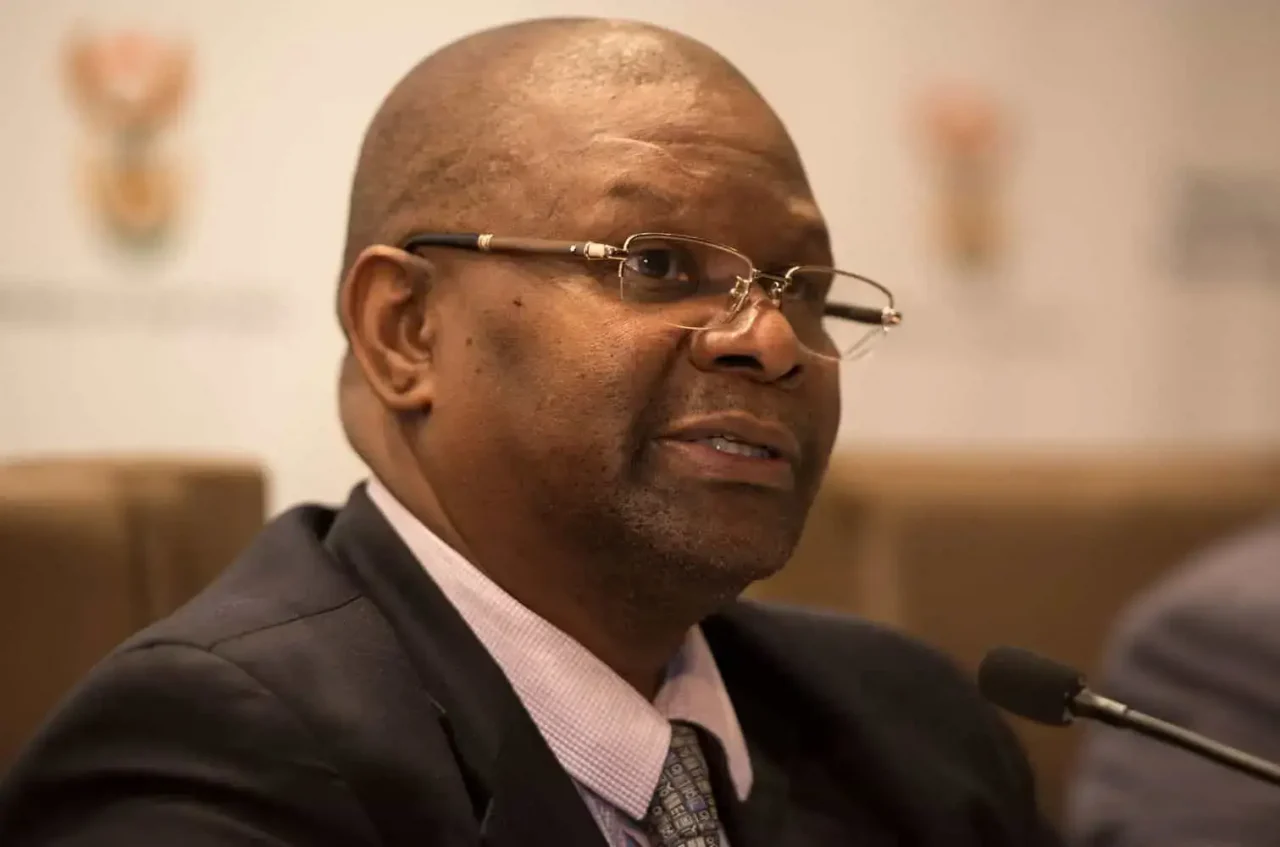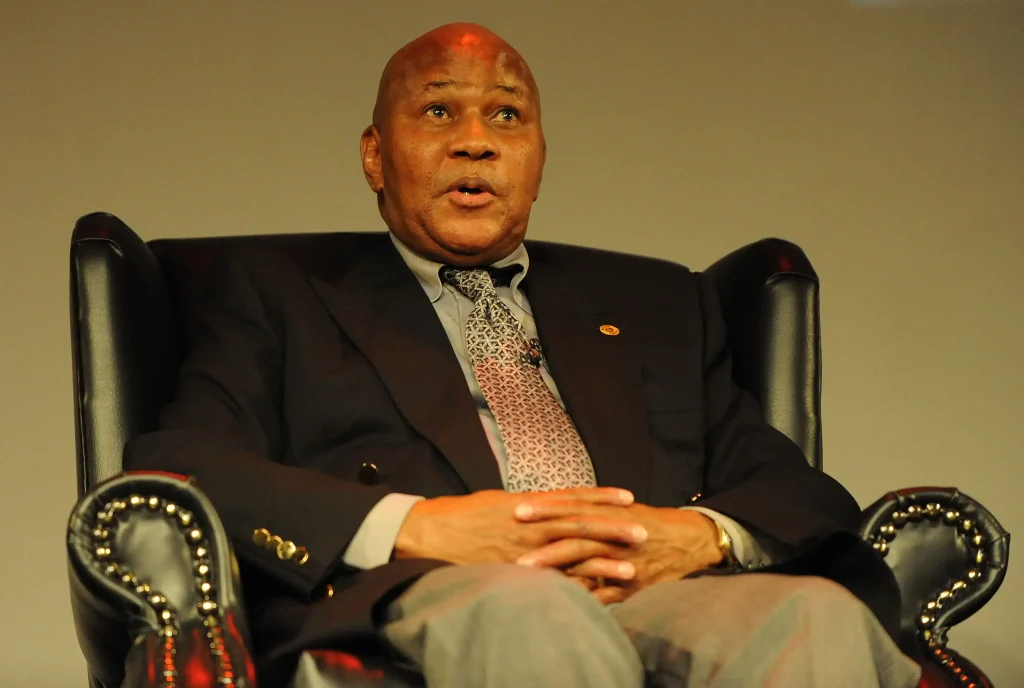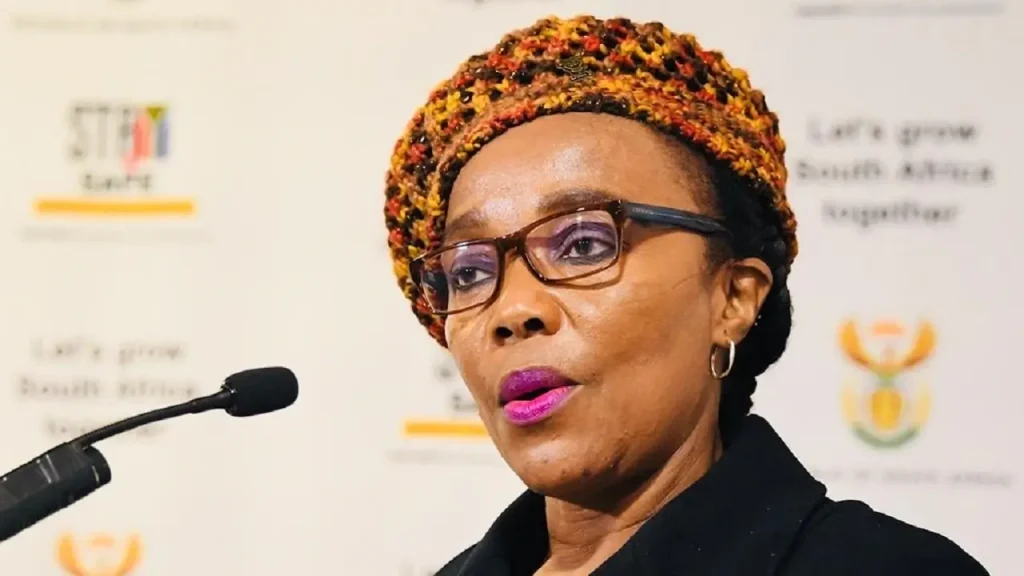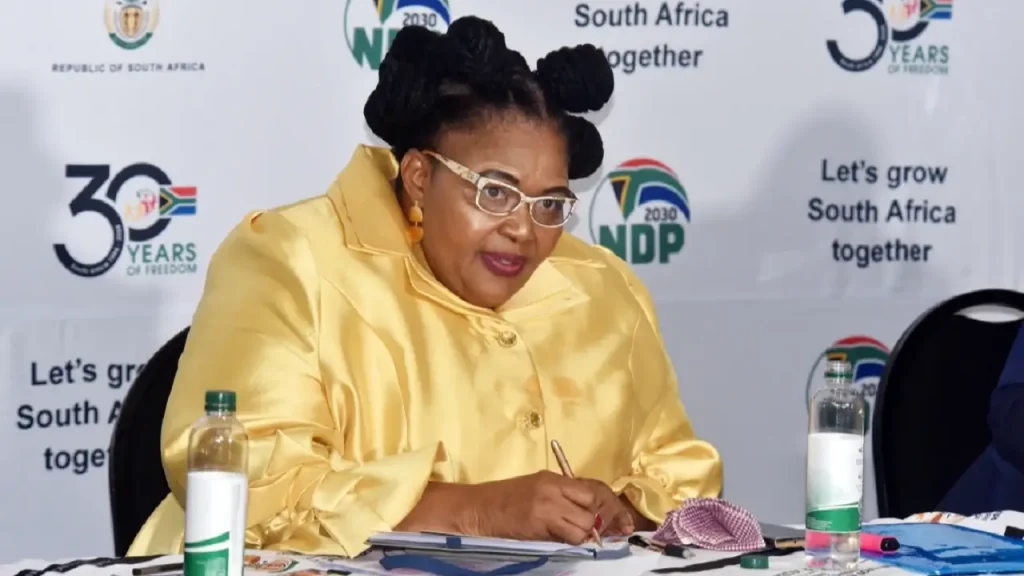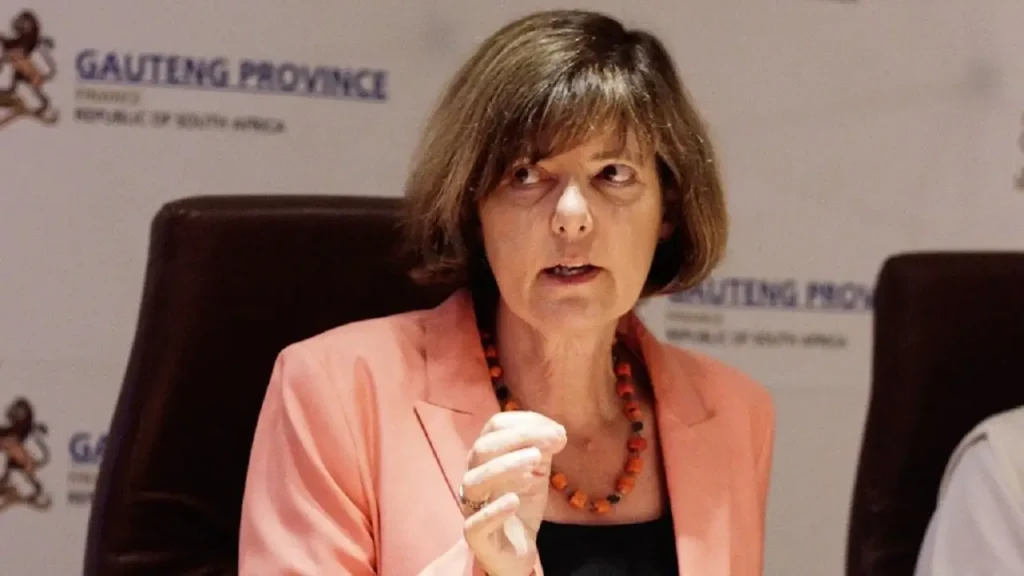Obed Bapela is a seasoned South African politician whose career has spanned over three decades, marked by pivotal roles in governance and the African National Congress (ANC). From his early anti-apartheid activism to his current position as Deputy Minister of Public Enterprises, Bapela’s journey reflects dedication to public service and leadership. Here are 21 key facts about Obed Bapela:
1. Born in Alexandra
Obed Bapela was born on February 28, 1958, in Alexandra, a township outside Johannesburg. This is where his early political journey began.
2. A Family of Seven
He was the eldest of seven children in his family, which included four brothers and two sisters. Growing up in a one-room house in Alexandra, his humble beginnings shaped his passion for justice and activism.
3. First Political Involvement During the 1976 Soweto Uprising
Bapela’s political career began when, still in high school, he joined the protests during the 1976 Soweto uprising. He later became a student activist.
4. Expelled from School
In 1978, his activism led to his expulsion from school, but he continued his education by earning several tertiary certificates and a diploma in journalism.
5. Training as a Cadet Reporter
Bapela trained as a cadet reporter at Weekly Mail, alongside notable journalists such as Ferial Haffajee.
6. Joined ANC Underground Structures in 1979
In 1979, he joined underground structures of the African National Congress (ANC) during the apartheid era, where he worked closely with prominent activists like Paul Mashatile.
7. Founding Member of the Alexandra Youth Congress
In the early 1980s, Bapela became a founding member of the Alexandra Youth Congress and the United Democratic Front, which was central to the anti-apartheid struggle.
8. Detained for Anti-Apartheid Activities
Bapela was detained multiple times in the 1980s for his involvement in anti-apartheid protests and later stood trial for treason in 1987 alongside other prominent figures.
9. Post-Apartheid Career in the ANC
When the ANC was unbanned in 1990, Bapela became involved in the newly re-established structures, eventually serving as regional secretary for the ANC’s PWV region from 1991 to 1994.
10. Gauteng Provincial Legislature
In 1994, Bapela was elected to the Gauteng Provincial Legislature, where he served as chair of the legislature’s portfolio committee on safety and security until 1999.
11. Provincial Secretary of ANC Gauteng
During the same period, he held the role of Provincial Secretary for the ANC Gauteng branch, playing a vital part in the party’s operations in the region.
12. National Assembly Member Since 2002
In 2002, Bapela joined the National Assembly of South Africa after filling a vacancy, and he has served continuously in Parliament ever since.
13. Chairperson of the National Assembly
Bapela was appointed Chairperson of the National Assembly, where he played an influential role in the legislative process, including in foreign relations and parliamentary modernization.
14. Deputy Minister of Communications (2010-2011)
In 2010, Bapela was appointed as Deputy Minister of Communications in Jacob Zuma’s cabinet, where he worked on improving the national communications infrastructure.
15. Deputy Minister in the Presidency (2011-2014)
From 2011 to 2014, Bapela served as Deputy Minister in the Presidency for Performance Monitoring and Evaluation, focusing on government efficiency and performance.
16. Re-elected to ANC National Executive Committee
Bapela’s influence within the ANC grew over the years. He was first elected to the ANC’s National Executive Committee (NEC) in 2012 and has remained a key player in the party’s leadership.
17. Deputy Minister of COGTA (2014-2023)
From 2014 to 2023, Bapela served as Deputy Minister of Cooperative Governance and Traditional Affairs (COGTA), overseeing the country’s local government and traditional leadership systems.
18. Appointed Deputy Minister of Public Enterprises (2023)
In 2023, after the ANC’s 55th National Conference, President Cyril Ramaphosa appointed Bapela as the Deputy Minister of Public Enterprises, a crucial role overseeing state-owned enterprises.
19. ANC’s Head of International Relations
Bapela served as the ANC’s head of international relations from 2013 to 2015, where he played a role in shaping the party’s stance on global issues, especially those affecting Africa.
20. Humble Beginnings and Personal Life
Bapela’s journey is deeply personal, with his upbringing in a working-class family in Alexandra shaping his values and leadership style. He was married to politician Connie Bapela, who passed away in 2018. He later became engaged to Palesa Ngomane in 2019.
21. Involved in Car Accident (2016)
In 2016, Bapela was involved in a car accident on the N12 highway near Fochville, Gauteng, but he sustained only minor injuries.

